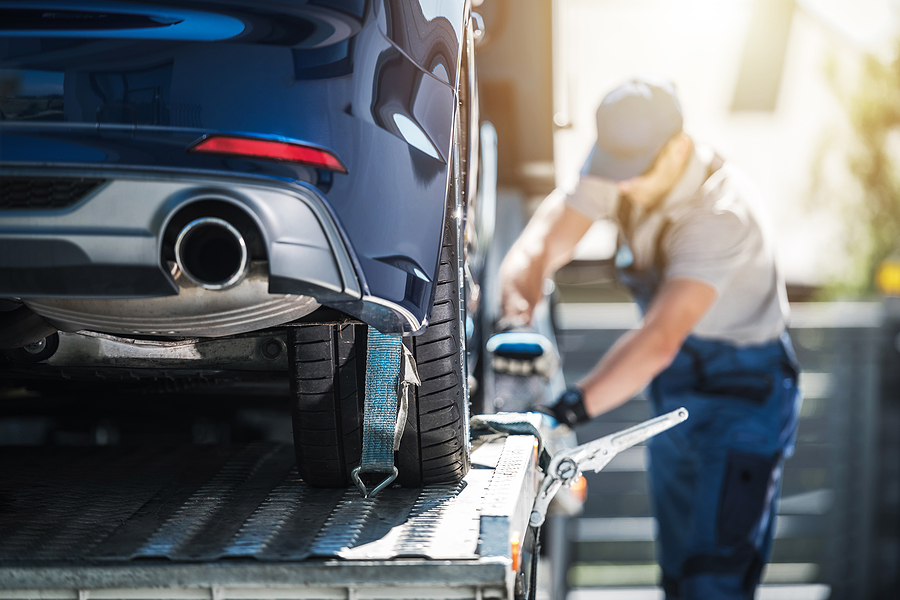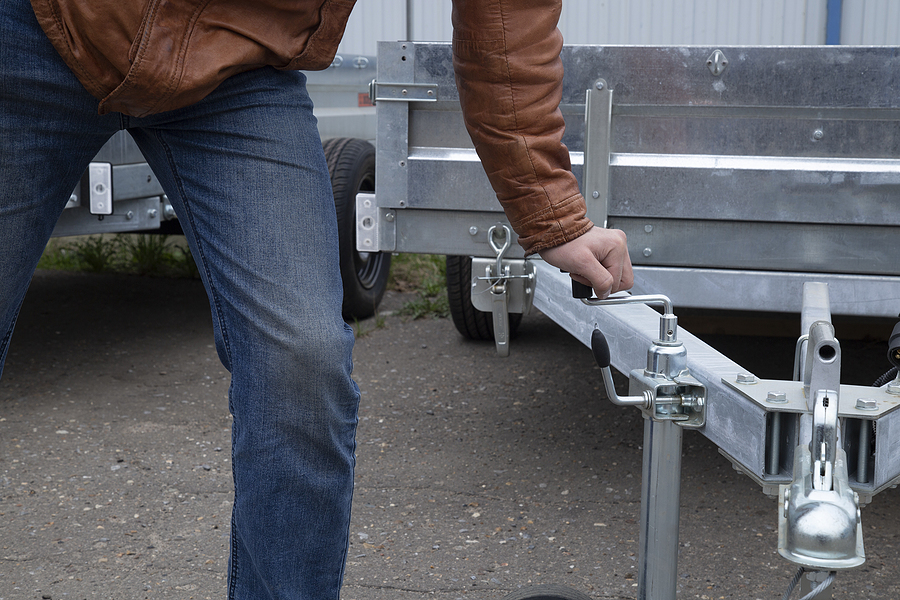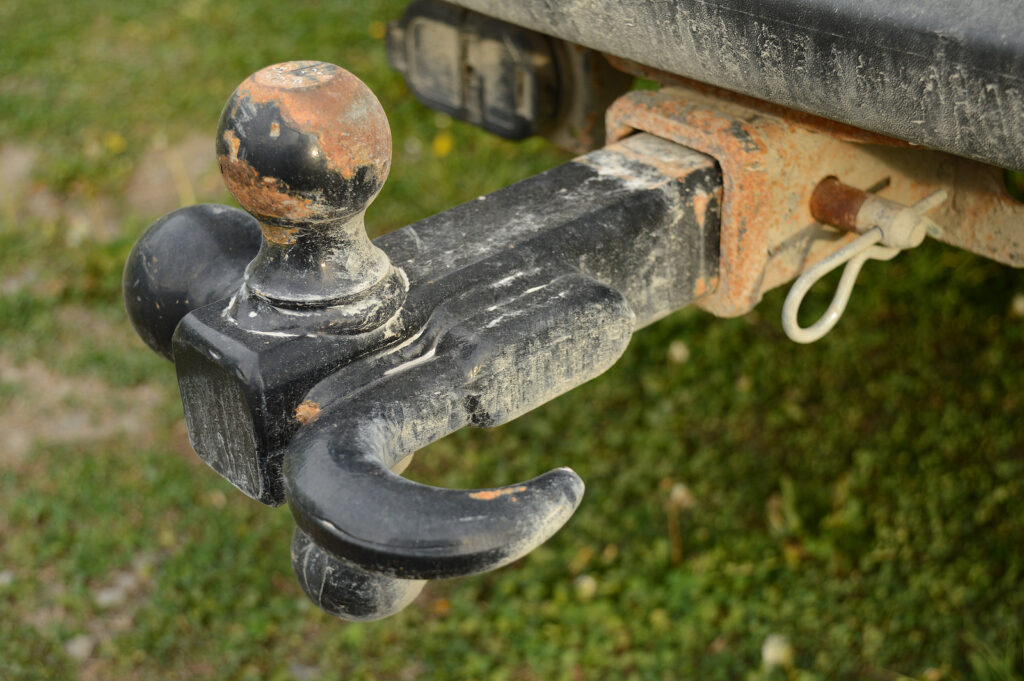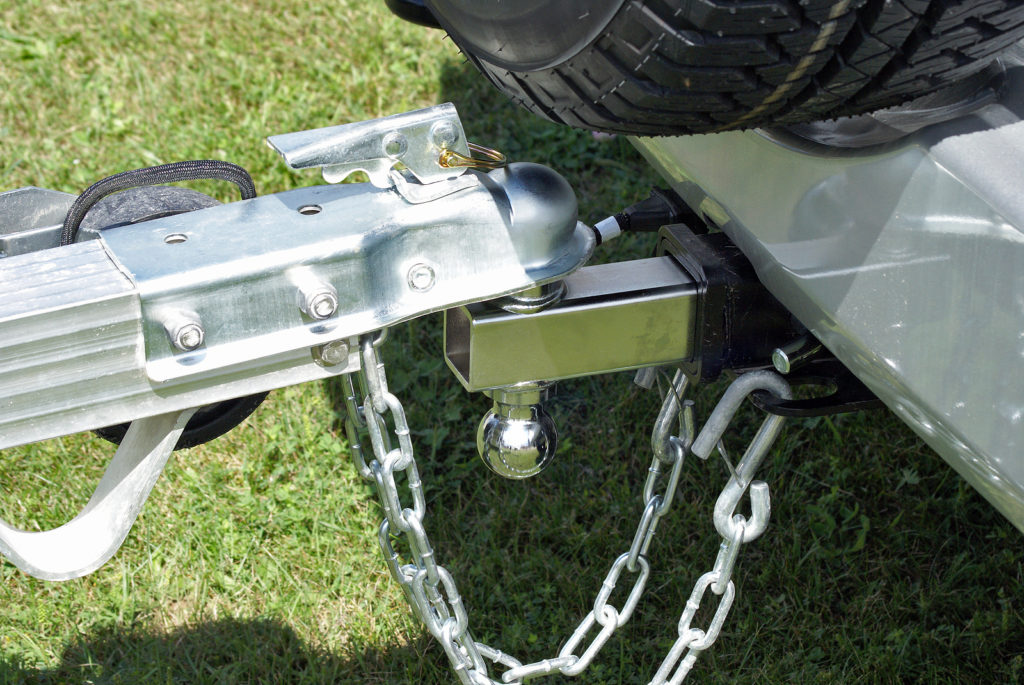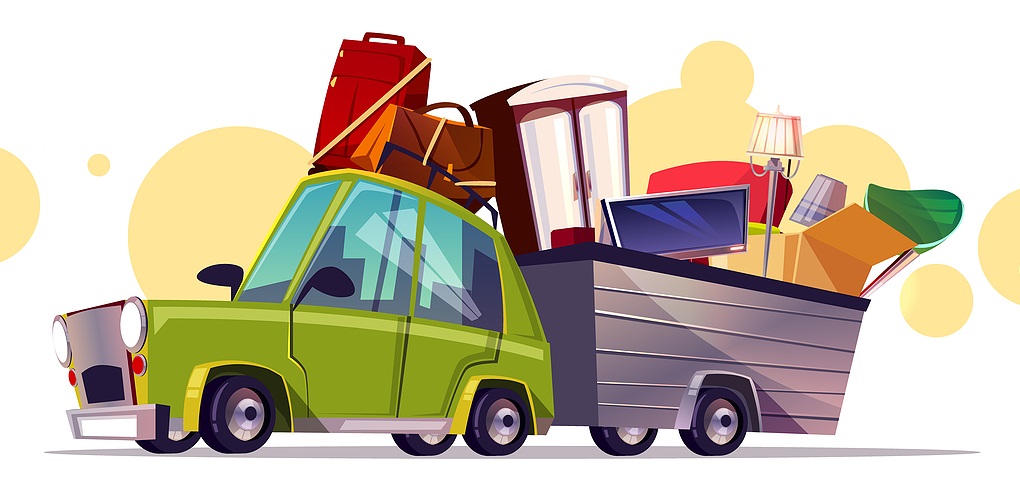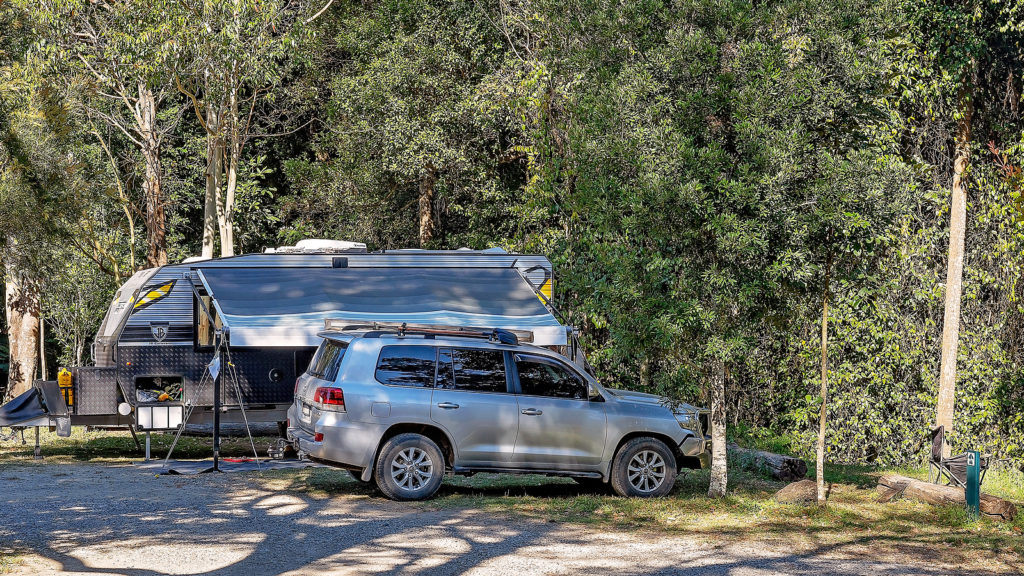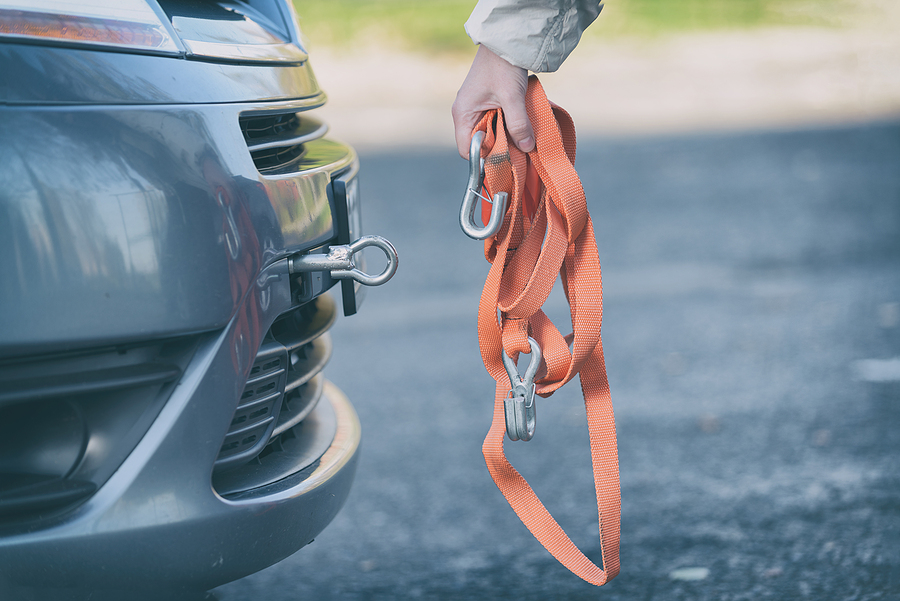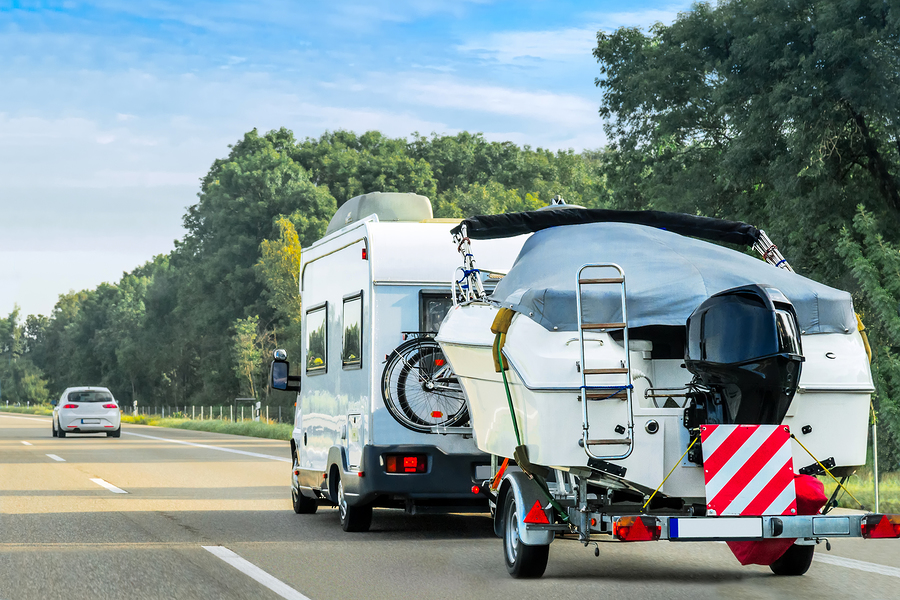If you’ve ever needed to tow a trailer, boat, or camper, you know the importance of having the right tow hitch for your vehicle. Hitches are crucial components that enable cars and trucks to pull heavy loads safely and efficiently. Whether you’re an experienced truck owner, a road trip enthusiast, or someone who occasionally needs to tow something, understanding the different types of hitches and their applications is essential.
In this post, we’ll cover everything you need to know about towing hitches, from the basics to the specifics, answering the most frequently asked questions along the way.

Types of Tow Hitches
Choosing the right hitch can be overwhelming with so many options available. Each type of hitch serves a specific purpose and is designed to handle different weights and loads. Let’s explore the most common types of hitches:
Weight Distribution Hitches
Weight distribution hitches are designed to distribute the weight of the trailer evenly across all axles of the tow vehicle and the trailer. This type of hitch is ideal for preventing swaying and improving steering control. It’s perfect for towing large travel trailers and campers.
Gooseneck Hitches
Gooseneck hitches are commonly used for heavy-duty towing, such as hauling livestock trailers or large flatbeds. They are mounted in the bed of a truck, providing better stability and weight distribution compared to traditional hitches. The unique design allows for tighter turns and improved maneuverability.
5th Wheel Hitches
5th wheel hitches are similar to gooseneck hitches but are specifically designed for towing large RVs and campers. They also mount in the truck bed and offer superior stability and weight distribution. The 5th wheel hitch provides a smoother ride and increased control, making it ideal for long-distance towing.
Choosing the Right Towing Hitch
Selecting the right hitch for your vehicle involves several factors. It’s important to consider vehicle compatibility, towing capacity, and the type of load you’ll be towing. Here are some key points to keep in mind:
Vehicle Compatibility
Not all hitches are compatible with every vehicle. Check your vehicle’s owner manual or consult with a professional to ensure the hitch you choose will fit your car or truck. Some vehicles may require additional modifications or adapters.
Towing Capacity
Understanding your vehicle’s towing capacity is crucial to safe towing. Overloading your vehicle can lead to serious accidents and damage. Make sure to choose a hitch that matches or exceeds your vehicle’s towing capacity.
Type of Load
The type of load you’re towing will also determine the best hitch for your needs. For example, if you’re towing a small utility trailer, a bumper hitch may suffice. However, for larger loads like boats or campers, a weight distribution hitch or gooseneck hitch may be more appropriate.
Frequently Asked Questions About Tow Hitches
What is the difference between receiver hitches and bumper hitches?
Receiver hitches are mounted to the frame of the vehicle and provide a versatile option for towing various loads. They can accommodate different hitch accessories, making them ideal for a range of applications. Bumper hitches, on the other hand, are attached to the vehicle’s bumper and are generally suitable for lighter loads. They are less versatile and may not offer the same level of stability and weight distribution as receiver hitches.
How do I know my vehicle’s towing capacity?
Your vehicle’s towing capacity can be found in the owner’s manual or on a label located on the driver’s side door jamb. It’s important to adhere to this limit to ensure safe towing. Exceeding your vehicle’s towing capacity can lead to accidents, mechanical failures, and increased wear and tear on your vehicle.
Can I install a hitch myself, or should I hire a professional?
While some hitches can be installed by a handy DIYer, it’s often best to hire a professional for installation. A professional can ensure the hitch is properly installed and securely fastened, reducing the risk of accidents. Additionally, professional installation often comes with a warranty, providing peace of mind.
Which hitch accessories do I need?
Hitch accessories can enhance your towing experience and improve safety. Some common accessories include:
- Ball mounts for attaching trailers to the hitch receiver
- Sway control devices to prevent trailer sway
- Hitch locks to secure the hitch to your vehicle and prevent theft
- Safety chains for added security in case the hitch fails
What are the maintenance requirements for hitches?
Regular maintenance is key to ensuring the longevity and safety of your hitch. This includes:
- Inspecting the hitch and its components for signs of wear and tear
- Lubricating moving parts to prevent rust and corrosion
- Checking the tightness of bolts and nuts to ensure they are secure
- Cleaning the hitch to remove dirt and debris that could affect performance
Are there any safety tips for towing with a hitch?
Safety should always be a top priority when towing. Here are some essential safety tips:
- Double-check connections before each trip to ensure everything is secure
- Distribute weight evenly across the trailer to prevent sway
- Use safety chains as a backup in case the hitch fails
- Monitor your speed and avoid sudden stops or sharp turns
- Regularly inspect your hitch and trailer for any signs of damage or wear
Conclusion
Choosing the right hitch, understanding your vehicle’s capabilities, and prioritizing safety are all crucial steps in ensuring a smooth and successful towing experience. Whether you’re towing a small trailer or a large camper, having the right hitch can make all the difference. By following these guidelines and maintaining your hitch properly, you can enjoy the many benefits of towing with confidence. Feel free to reach out to a professional towing company for expert advice and installation services.
Looking for a professional towing and recovery company to haul your load? Contact Zore’s Towing at 317-247-8484 for a wide range of towing services in Indianapolis and surrounding counties. We offer everything from light-duty and long distance towing to heavy equipment transportation, wrecker service, and more. We transport all throughout Indiana and across state lines.
Related Posts:
The Importance of Using a Hitch Lock For Your Trailer
3 Steps to Choose the Right Ball Mount for Your Tow Hitch
3 Factors to Consider When Buying a Trailer Hitch

